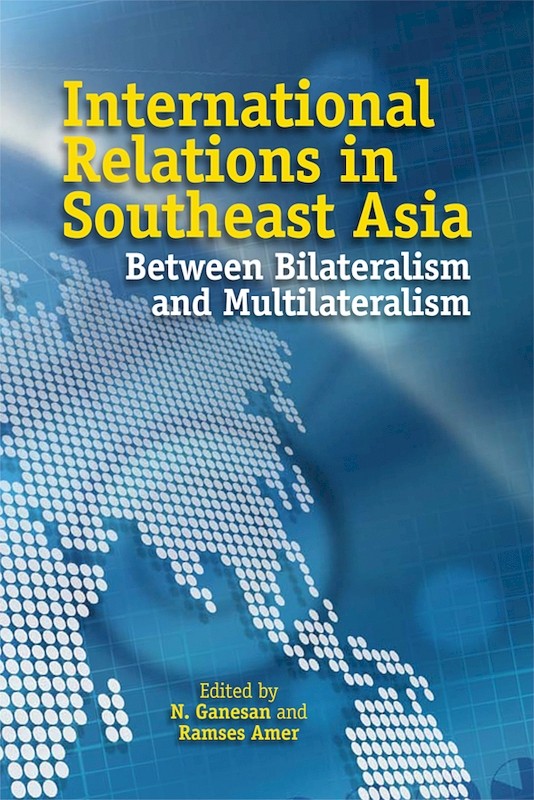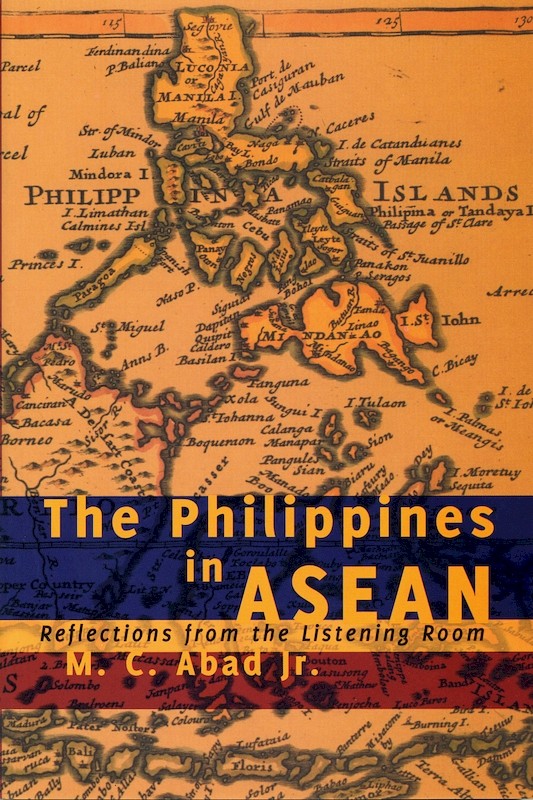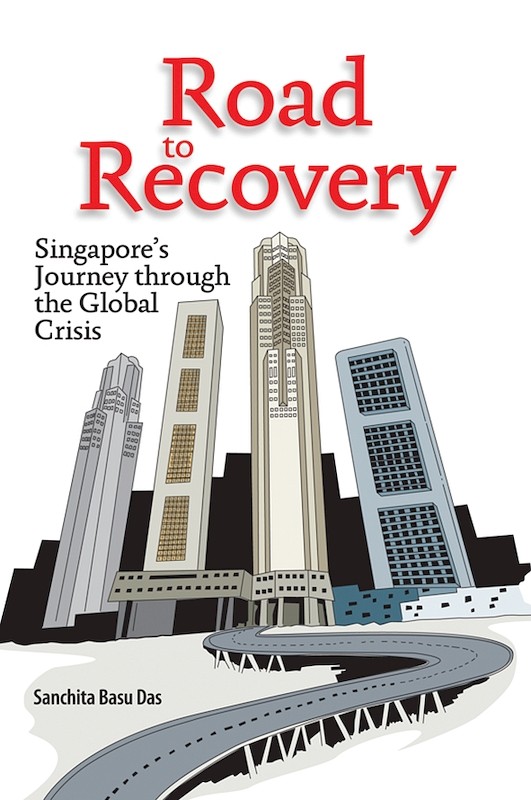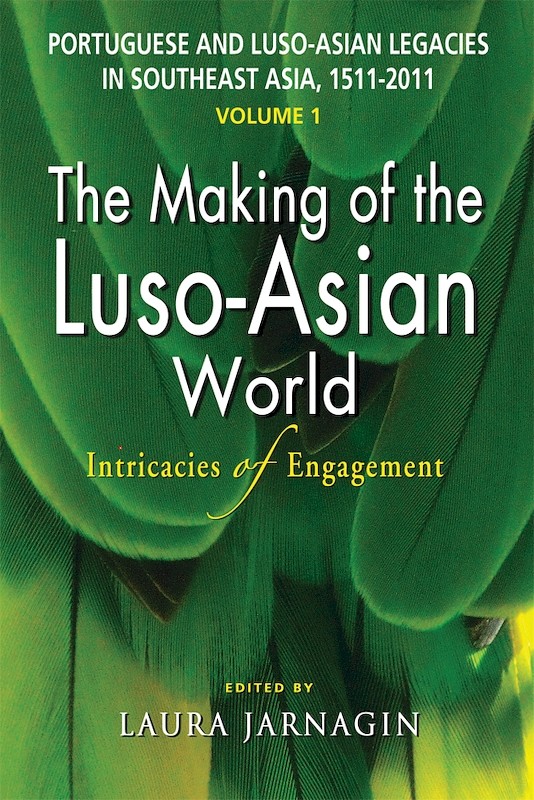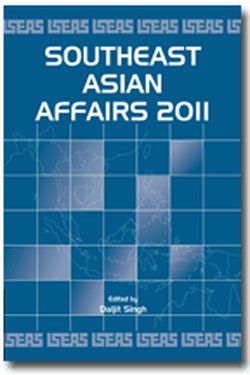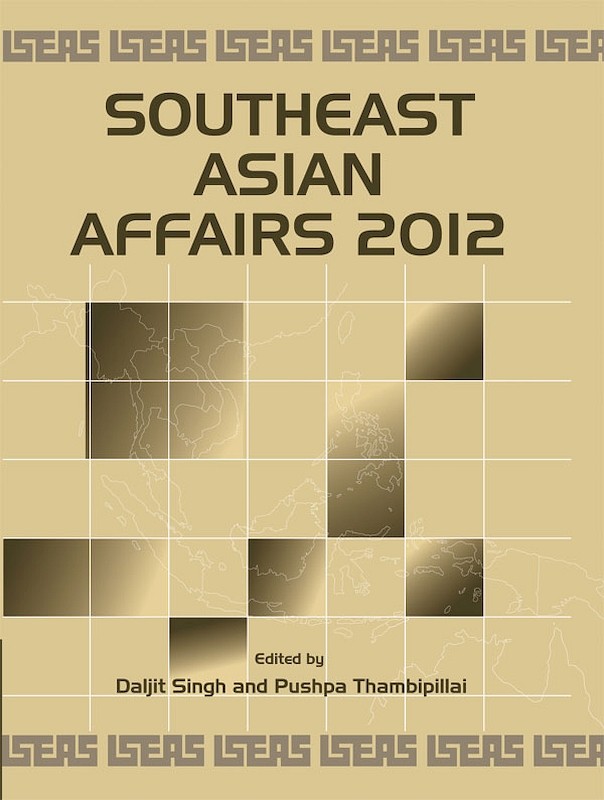Decentring and Diversifying Southeast Asian Studies: Perspectives from the Region
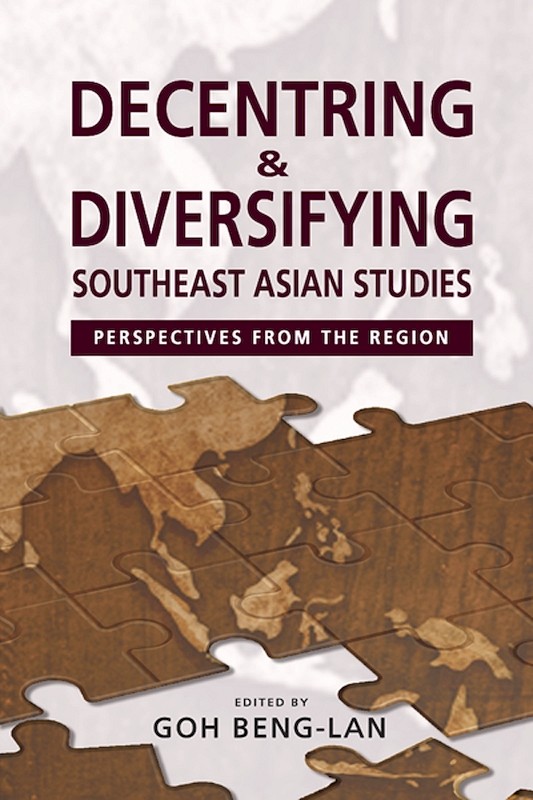
Reviews
"This new volume on the origins and permutations of Southeast Asian studies in a Southeast Asian context features the intellectual autobiographies of 11 Southeast Asian authors, whose contributions capture the diverse experiences of three generations of interdisciplinary and regional knowledge production. The argument of most critics of area studies tends to run along these lines: that the era of globalization has replaced the era of the nation-state, with the flows of capital and migration causing an irreversible breach in national sovereignty; hence, new forms of expertise that prioritize the global are needed to contend with the passage of the cold war map of power that defined Southeast Asia for so long. Yet, in a warning, Goh writes that in Southeast Asia, “the diverse thinking over the meaning of nation and national sensibilities reveals at least two significant trends: first, that the definitions of the nation are never reducible to the political pursuits of the state alone; and second, that the category of that nation, while disputed, deconstructed and problematized, remains meaningful to intellectuals in the region” (Goh, 42-43). The book succeeds in leaving open a series of unanswered questions on the value and relevance of Southeast Asian studies in a globalizing world, contingent, of course, on its sustained practice and longevity" (Pacific Affairs).
About the publication
This admirable book contains fascinating autobiographical accounts, by some of Southeast Asia's most eminent scholars, concerning their struggle to find their own voices in interpreting the region to which they belong. The book should be indispensable to anyone interested in thinking about knowledge production and its politics in a postcolonial world. In the views of these scholarly Southeast Asians, we are made to see, in very personal terms, the link between the global crisis in the social sciences and the need to find remedies for it that are neither Eurocentric nor parochially anti-Western.
Professor Alexander Woodside
Professor of Chinese and Southeast Asian History
University of British Columbia, Vancouver, Canada.
This book marks the shift of the centre of Southeast Asian Studies from the West to Southeast Asia. The insights provided by the authors are not simply explanations of colonial and postcolonial experiences of major Southeast Asian scholars. Rather, the book provides a unique set of intellectual genealogies that show that distinctions between humanities and social sciences are less important than the development of distinctive local and regional traditions and practices of scholarship. Goh Beng-Lans introduction frames the collection through her subtle deconstruction of international discourses on Southeast Asia. This introduction then allows the reader to view the different generations of Southeast Asian scholars in their social, political, and academic contexts. The end result is a combined view of the state of the art of Southeast Asian Studies, a view that is greater than the sum of its national parts.
Professor Adrian Vickers
Chair of Southeast Asian Studies
University of Sydney
and
Director, Australian Centre for Asian Art and Archaeology
The collection represents a coming of age of scholars from Southeast Asia. What we hear is not bluster that comes from a wounded pride or doctrinal certainties, but a quiet confidence that acknowledges the multiple currents in which their scholarship has been formed, and a willingness to engage the perspective of the other, both within and without. The reflexivity in this volume sets the stage for scholars from the region to develop perspectives and concepts to address the challenges of the new configuration of the Asia being ushered in by ASEAN.
Professor Prasenjit Duara
Raffles Professor of Humanities and Director of Research
Humanities and Social Sciences, National University of Singapore
Contents
-
Decentring and Diversifying Southeast Asian Studies: Perspectives from the Region
[Whole Publication, ISBN: 9789814311984] -
Preliminary Pages
-
1. Disciplines and Area Studies in the Global Age: Southeast Asian Reflections, by Goh Beng Lan, author
-
2. Post-Imperial Knowledge and Pre-Social Science in Southeast Asia, by Wang Gungwu, author
-
3. From the Education of a Historian to the Study of Minangkabau Local History, by Taufik Abdullah, author
-
4. Scholarship, Society, and Politics in Three Worlds: Reflections of a Filipino Sojourner, 1965-95, by Reynaldo C. Ileto, author
-
5. From Contemplating Wordsworth's Daffodils to Listening to the Voices of the "Nation", by Wong Soak Koon, author
-
6. Crafting Anthropology in Many Sites of Fieldwork, by Paritta C Koanantakool, author
-
7. A Non-Linear Intellectual Trajectory: My Diversse Engagements of the "Self" and "Others" in Knowledge Production, by Yunita Winarto, author
-
8. Negotiating Boundaries and Alterity: The Making of a Humanities Scholar in Indonesia, a Personal Reflection, by Melani Budianta, author
-
9. Between State and Revolution: Autobiographichal Notes on Radical Scholarship during the Marcos Dictatorship, by Patricio N Abinales, author
-
10. (Un)Learning Human Sciences: The Journey of a Malaysian from the "Look East" Generation, by Goh Beng Lan, author
-
11. Architecture, Indonesia and Making Sense of the New Order: Notes and Reflections from My Student Years, by Abidin Kusno, author
-
12. Riding the Postmodern Chaos: A Reflection on Academic Subjectivity in Indonesia, by Fadjar Ibna Thufail, author
-
Index

